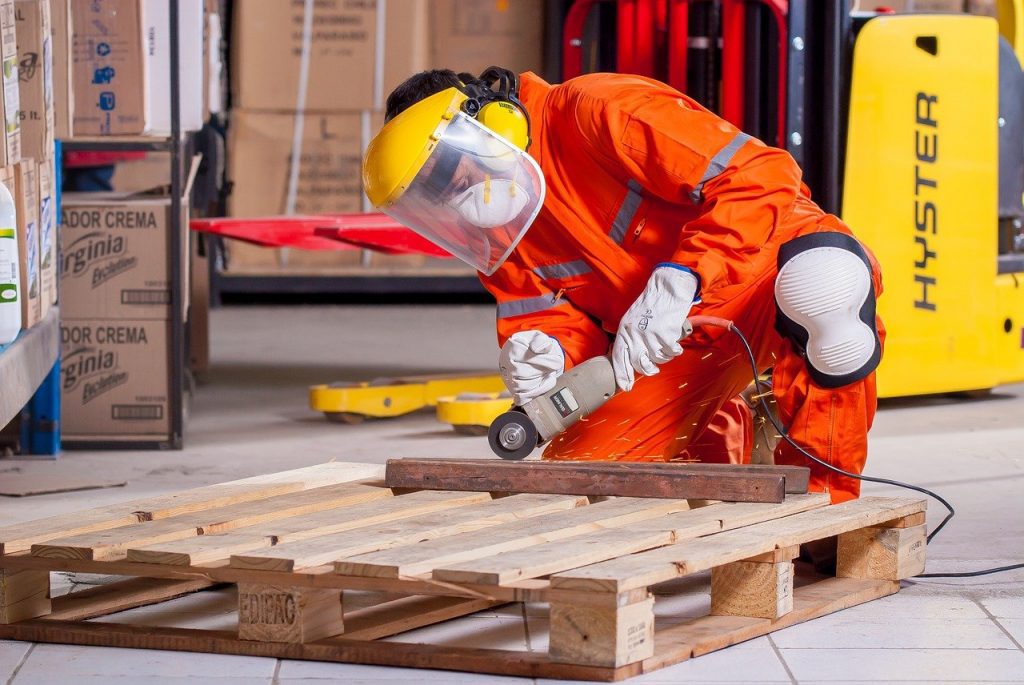Scheduled waste management is one aspect of environmental management endorsed by the Environment Institute of Malaysia (EiMAS) under the Department Of Environment (DOE). To ensure that both public and private employees are skilled and competent to address environmental management issues, competent persons can undergo training with EiMAS CPD courses. Here we have compiled some relevant tips for competent persons to manage scheduled waste.
1. Familiarize Yourself with the Regulations
The Malaysian Department of Environment (DOE) has underlined the specific regulations and guidelines governing scheduled waste management. Understand these regulations regarding the handling, storage, transportation, and disposal of waste. On top of that, stay updated with any changes to ensure continuous compliance.
2. Classify the Waste
Accurately identify and classify the scheduled waste you are dealing with according to the Department of Environment’s scheduled wastes list. Different types of waste may require specific handling procedures, containers, and disposal methods. Refer to the scheduled waste codes or consult regulatory agencies for proper waste classification.
3. Develop a Management Plan
Create a comprehensive waste management plan that includes procedures for the collection, storage, transportation, and disposal of scheduled waste. Include details on waste segregation, labeling, and packaging. Set in place emergency response protocols and ensure employees are properly briefed.
4. Provide Employee Training
Provide training to employees on the proper handling of scheduled waste. Train them on waste identification, segregation, storage techniques, and emergency procedures. Regularly update their training to stay informed about new regulations or best practices.
To see the list of related trainings that we offer, click here.
5. Adequate Storage Facilities
Establish dedicated storage areas for scheduled wastes that are secure, well-ventilated, and designed to prevent leaks, spills, or cross-contamination. Use appropriate storage containers, such as drums, tanks, or bins, which are compatible with the waste type.
6. Use Proper Labeling
Clearly label all containers with relevant hazard symbols, waste codes, and any other necessary information. Correct labeling is also important in the designated areas where these containers are stored. Clear labeling helps in identifying the contents and potential hazards associated with them. Ensure the labels are durable, easy to read, and meet regulatory requirements.
7. Segregate Waste
Separate different types of waste to prevent chemical reactions, contamination, or hazardous situations. Use separate containers or storage areas for incompatible waste streams, and ensure clear signage and instructions for proper segregation.
8. Arrange for Authorized Transportation
Follow regulations for transporting the scheduled waste, including obtaining permits, using authorized carriers, and using proper packaging and labeling. Ensure that transportation vehicles are equipped to prevent spills or leaks during transit.
9. Maintain Documentation
Keep accurate records of scheduled waste generation, storage, transportation, and disposal, as required by Malaysian regulations. This documentation should include waste manifests, disposal certificates, transportation records, and any other required paperwork. Maintain records for the specified period as mandated by regulations.
10. Regular Audits
Conduct periodic audits and reviews to ensure compliance and identify areas for improvement in scheduled waste management practices. You should also seek professional advice or engage with regulatory agencies if needed.
It is important to note that this is an overview, and you should refer to the specific regulations and guidelines provided by the Malaysian Department of Environment for detailed guidance on scheduled waste management.








